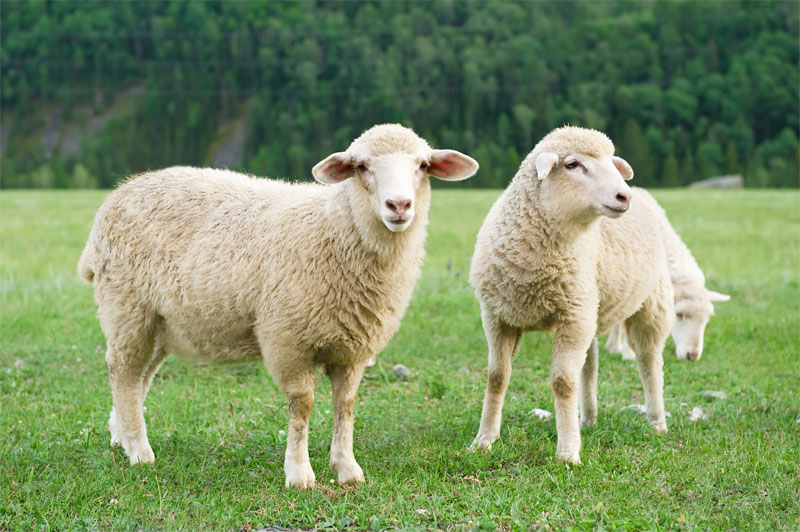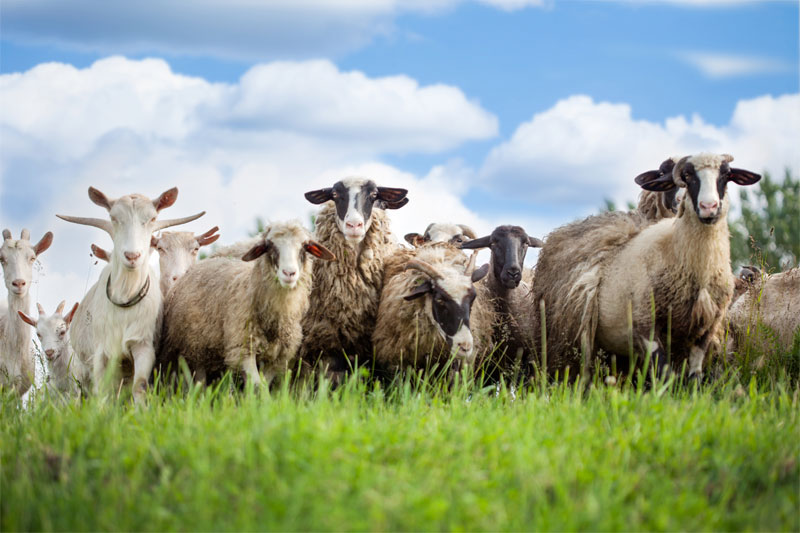
Mastitis in Goats and Sheep
Mastitis in sheep and goats is a problem that commonly affects milking ewes and does. In addition to causing your animals pain and discomfort, small ruminant mastitis can also diminish the quality and reduce the amount of milk produced by your dairy animals. Plus, mastitis can slow development and weight gain in nursing kids and lambs. As a result, mastitis can pose a significant problem to the health of your livestock and your overall operation.
What Is Mastitis in Sheep and Goats?
Mastitis is characterized by the inflammation (swelling) of a milking sheep’s or goat’s udders. There are two types of mastitis:
- Clinical Mastitis - Clinic mastitis produces outwardly detectable signs and symptoms such as clots or serum in the animal's milk, red and/or swollen udders, warm-feeling udders, and udders that are sore or tender to the touch.
- Subclinical Mastitis - Subclinical mastitis does not produce these outward signs and symptoms but can be detected with a diagnostic test of the milk that counts the number of inflammatory cells present in an animal's milk.
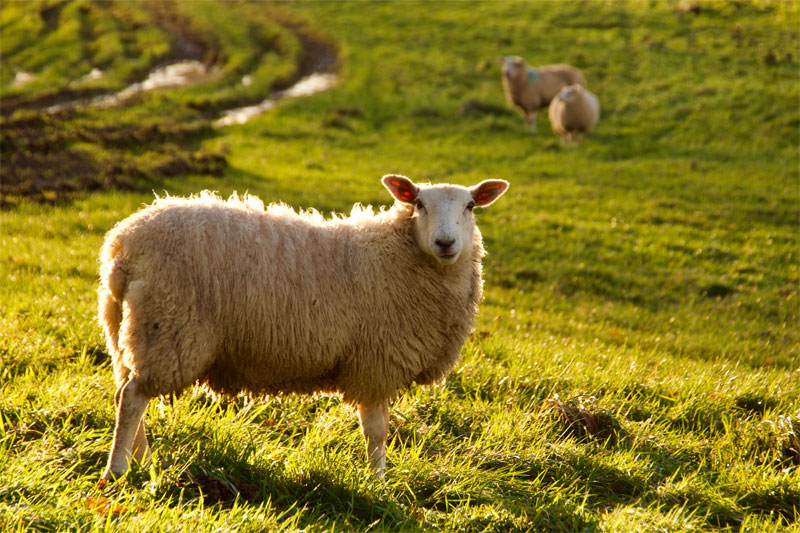
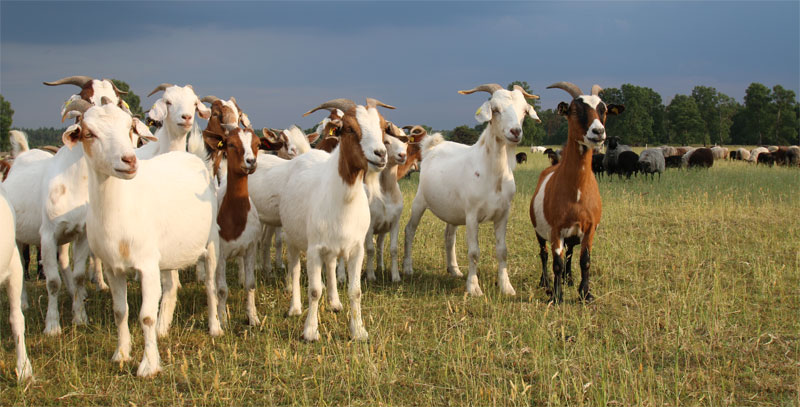
What Causes Small Ruminant Mastitis?
Several different factors can cause mastitis in sheep and goats. Causes include stress, physical injury, and bacterial infections from bacteria such as Streptococcus sp., Staphylococcus sp., Pasteurella sp., and E. coli.
Treating Mastitis in Sheep and Goats
Mastitis treatment depends on the underlying cause of the problem. Our veterinarians use diagnostic testing to determine whether the underlying cause is bacterial. If this is the case, antibiotics might be prescribed to address the bacterial infection.
Although no antibiotics have been specifically developed for treating mastitis in sheep and goats, our veterinarians can recommend an effective off-label course of treatment depending on the type of bacteria present and the animal’s medical history.
We can then work with you to determine when the animal’s milk is free of all antibiotics following treatment.
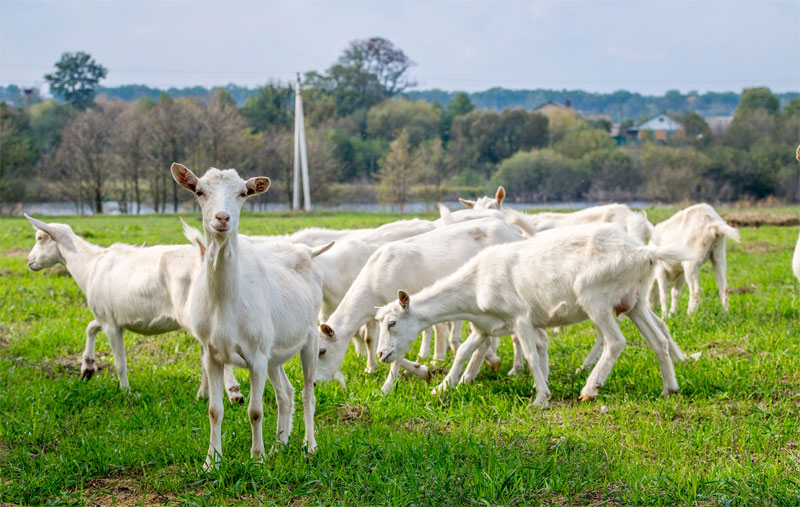
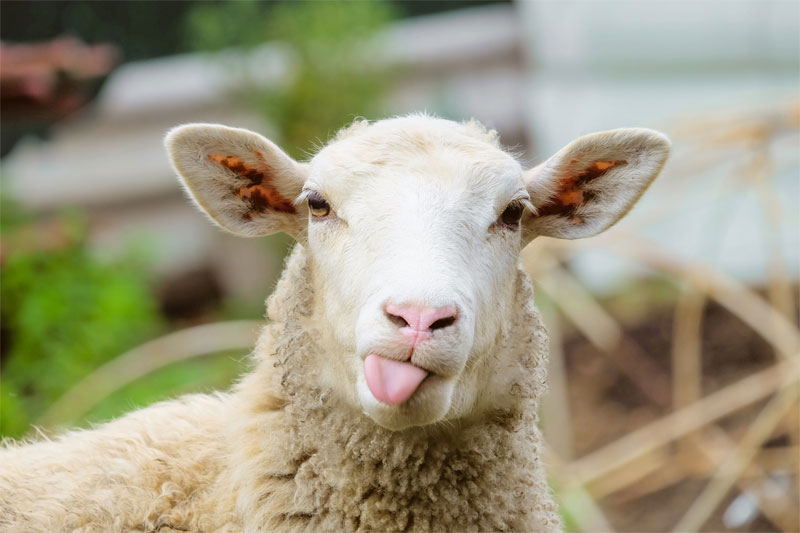
Preventing Small Ruminant Mastitis
The best way to address mastitis in ruminants is to prevent it from occurring in the first place. Maintain clean milking quarters, prevent bacterial infections in nursing kids and lambs, and implement a post-milking udder dip protocol to reduce bacterial infections.
Comprehensive Livestock Veterinary Care in Tucson
At Adobe Veterinary Center in Tucson, our livestock veterinarians are highly experienced in providing comprehensive veterinary care to all livestock, including small ruminants like sheep and goats.
To preserve the health of your milking does and ewes, we encourage you to schedule an appointment with one of our livestock veterinarians. In addition to helping you arrange your milking areas and routine to prevent the development of mastitis, we can test and treat your goats and sheep for mastitis. To schedule an appointment, contact us today.
